A single mirror reflects the truth as it is but only from one perspective. A ‘hall of mirrors’, on the other hand, exposes the truth through overlapping reflections, with varying depths and from a wide range of perspectives. In this book, political scientist Peter Ronald deSouza places India at the centre of such a hall of mirrors. He reveals for the reader the layered nature of Indian democracy, one particular depth, one particular perspective at a time.
In the Hall of Mirrors discusses the dynamics of democracy and the nature of the human condition in India through a range of multidisciplinary, analytical and methodological tools. It documents our achievements and failures, follies and humanity, through the fall and rise of competing ideologies. The essays here, written over the course of the past two decades, document the aspirations and anxieties of the Indian people, the accommodations that our plural society has made, and the uncertainties and ambivalences that remain as a result of this grand experiment of and in democracy.
With this eclectic collection of his writings in journals and popular dailies, the author takes us through an array of issues facing us. At every turn and in every corner, he reflects on the resilience of India’s democracy, the world’s largest and most challenging. Students, scholars and the general reader interested in democracy, political science and contemporary India will find this book invaluable.
Contents: Preface. Introduction: Indian Democracy in the Hall of Mirrors. Section I. Analytical Frames: 1.The Intellectual’s Public Life: Living between Thought and Action. 2. Contemporising the Mahabharata. 3. Re-reading Hind Swaraj. 4. From ‘Jekyll and Hyde’ to ‘Ardhanarishwara’: Can We Recalibrate the Way We Live? 5. Liberalisation Discourse and ‘Natural’ Inequality. 6. The Idea of the ‘Political’. Section II: Aspirations of a Young Nation: 1. What would Azad have said to the Angel Now? 2. Institutional Visions and Sociological Imaginations: The Debate on Panchayati Raj. 3. Why Politics Needs the Ashram. 4. Jawaharlal Nehru University: The Incubator of Critical Minds. 5. India’s Heart is in the Right Place. 6. Let us make Adam Pregnant. 7. Raja Dharma and Buddhi Dharma. 8. The Democratic Virtue of Unreason. 9. The ‘Greatness’ of a ‘Landmark’ Judgment. 10. The Indian Commonsense of Democracy. Section III: Anxieties of a Plural Democracy: 1. The Afterlife of the Nehruvian Legacy. 2. Too Early for an Audit. 3. Thirteen Days of Civic Education and a Death. 4. Mirror, Mirror on the Wall, Who is the Most Intolerant of Us All. 5. How Long can a Queue Hold? 6. A Journey from Nalanda to Patna. 7. Never Say Retire. 8. Loyalty, Voice and Exit. 9. Leadership and the Public Interest. 10. Modi and his Chakravyuha. 11. She Knew which Battles to Fight. 12. The Banality of Evil. 13. Matlabi Democracy. 14. The Incomplete Case of Aruna Shanbaug. 15. Two Tales of Forgiveness. 16. Matters of Faith Need no Proof. Section IV: Accommodations of a Layered Society: 1. Humiliation in a Crematorium. 2. Iconography for a Plural Nation. 3. Setting, Not Vetting and Betting. 4. Sensex and Sensibility. 5. An Alternative Ghar Vapasi Campaign. 6. The BJP and the Changing Party System in India. 7. So We are Brothers of the Books. 8. Through the Lens of a Constitutional Republic: The Case of the Controversial Textbook. 9. The Compelling Compromise. 10. Offensive Expression: Arguing for a Differential Response. Section V: Ambivalences of a Constitutional Polity. 1. Rahbar, Razhan and the Working of Indian Democracy. 2. The Larger Picture at Hriday Kunj. 3. Being Economical with the Truth. 4. Holidays on Holy Days? 5. Just a Handshake. 6. The Question of the Sealed Envelope. 7. A Passion for Justice. 8. Hanging Justice: A Play in Two Parts. 9. The Vulnerable Side of Suu Kyi. 10. Satire and Policing the Boundary of Free Expression. 11. Between Being Pragmatic and Being Principled. Index.

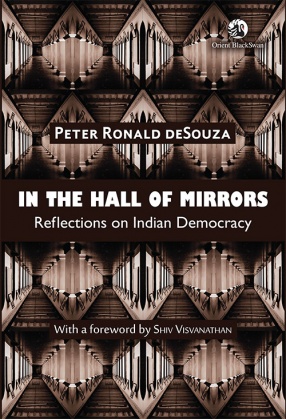
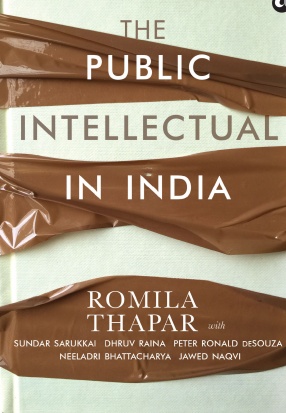
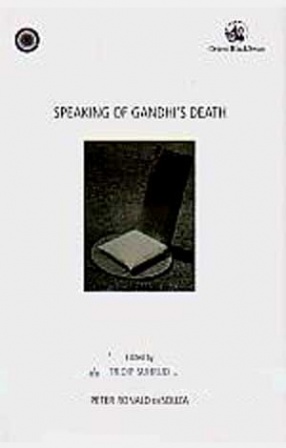

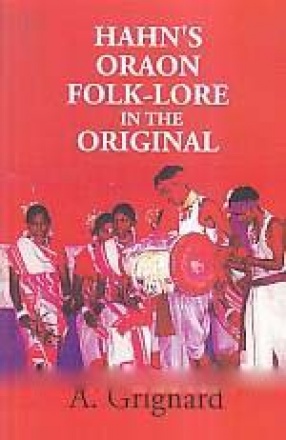
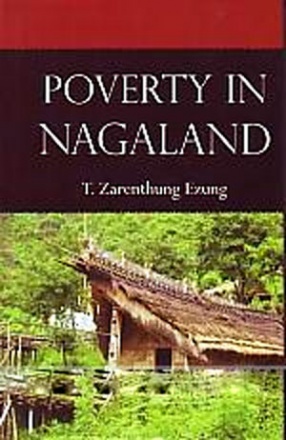
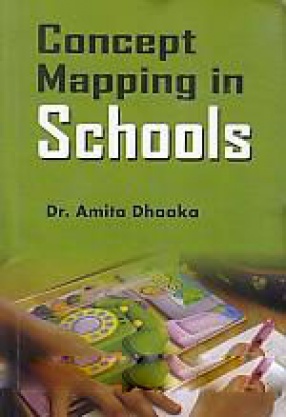
There are no reviews yet.